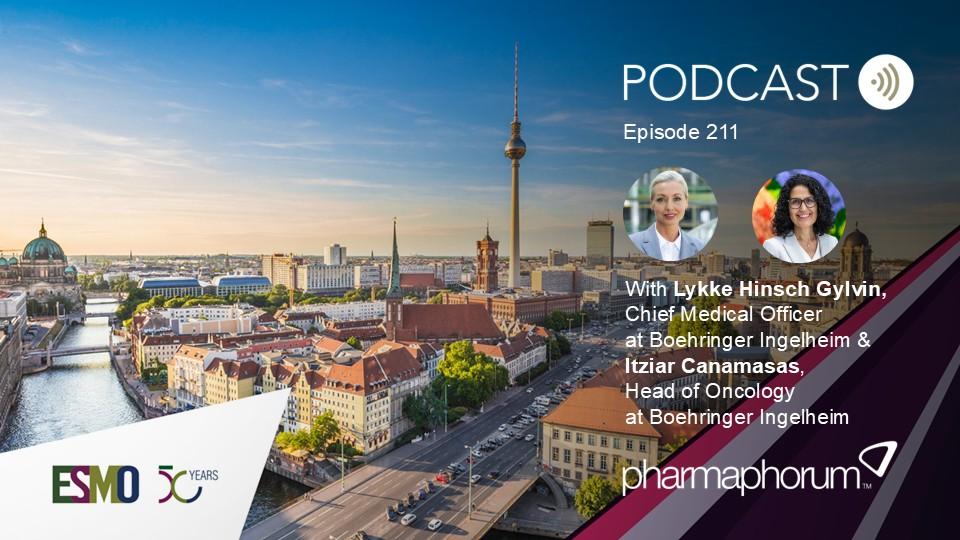ADRIATIC buoys Imfinzi’s prospects in early lung cancer

After a setback in a trial of Imfinzi in early non-small cell lung cancer (NSCLC) last year, AstraZeneca has clawed back some ground with a positive result in small-cell lung cancer (SCLC), a less common but aggressive form of the disease.
Top-line results from the ADRIATIC trial reported this morning show that Imfinzi (durvalumab) achieved a “statistically significant and clinically meaningful” improvement compared to placebo in progression-free survival (PFS) and overall survival (OS) in patients with limited-stage SCLC who had not progressed following concurrent chemoradiotherapy (CRT).
In lung cancer, the PD-L1 inhibitor is already approved for extensive-stage SCLC based on the results of the CASPIAN trial, as well as for locally advanced NSCLC that can’t be treated with surgery and has not progressed after CRT and alongside chemo in metastatic NSCLC.
Last October, however, a clinical trial designed to show that giving Imfinzi alongside CRT in the initial stage of treatment for NSCLC would improve outcomes was a failure.
AZ’s head of oncology R&D, Susan Galbraith, said the ADRIATIC results were “exciting” and could “bring a curative-intent immunotherapy treatment to this earlier-stage setting of [SCLC] for the first time.”
Limited-stage SCLC currently has a very poor prognosis, with a five-year survival rate of 15% to 30%.
The new data will be submitted to regulators and builds on the role of Imfinzi in the treatment of early lung cancer following CRT, a setting that has been helping to drive the cancer immunotherapy’s sales growth. Last year, AZ’s Imfinzi revenues rocketed 55% to $4.2 billion, making it the company’s second-best-selling cancer therapy.
ADRIATIC’s principal investigator, Suresh Senan of the Amsterdam University Medical Centre in The Netherlands, said that this is the first global phase 3 immunotherapy trial to show an improvement in survival in limited-stage SCLC, a group with a high rate of disease recurrence and a standard of care that has “remained unchanged for decades.”
The full Imfinzi data from ADRIATIC will be reported later, along with results from another arm of the study exploring the combination of Imfinzi with AZ’s CTLA4 inhibitor Imjudo (tremelimumab), which remains blinded.
The investigator-led NRG-LU005 study, sponsored by the National Cancer Institute (NCI), is also looking at Roche’s PD-L1 inhibitor Tecentriq (atezolizumab) as a treatment for limited-stage SCLC, with results due in 2026.
Meanwhile, AZ is also testing Imfinzi in resectable NSCLC in the ADJUVANT BR.31 trial, medically inoperable or unresected stage I-II NSCLC in PACIFIC-4, and unresectable, stage III NSCLC in PACIFIC-5, 8 and 9.













